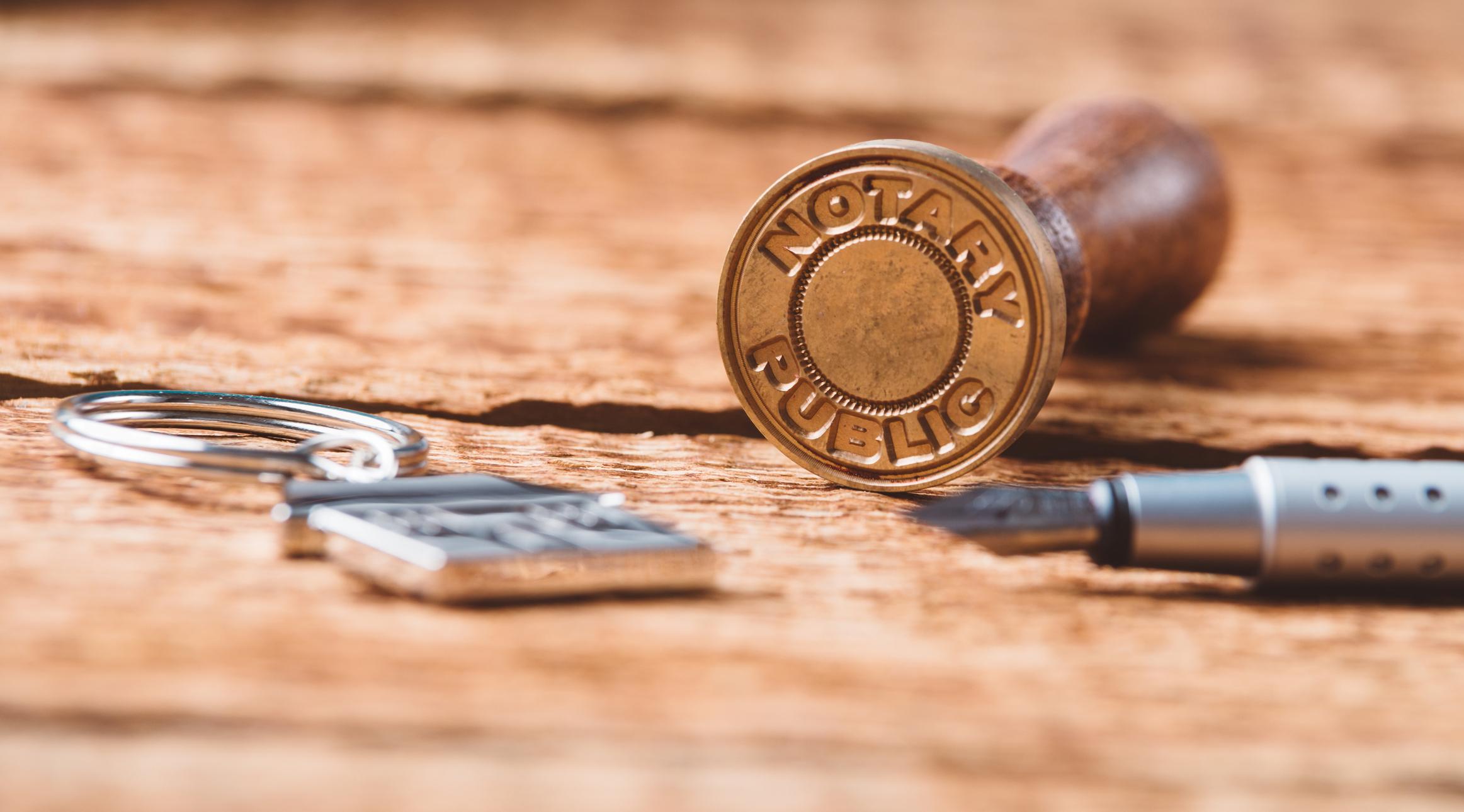Deceased Estate Administration: Handling Possessions and Affairs After Passing
Deceased Estate Administration: Handling Possessions and Affairs After Passing
Blog Article
Debunking Notarial Work: Streamlining the Duty and Relevance of Notaries
In the elaborate web of lawful paperwork and confirmation, notaries stand as columns of assurance and authenticity. Their role, usually shrouded in mystery for many, carries significant weight in guaranteeing the legitimacy and integrity of vital records. As guardians of legality and truth, notaries play a critical part in our society, yet their work is not always completely comprehended. By untangling the intricacies bordering notarial practices and shedding light on the relevance of their acts, a more clear understanding arises of the essential duty notaries play in upholding the fabric of legal and contractual arrangements.
The History of Notarial Job
How did notarial job progress in time to become an indispensable component of legal and service transactions? The history of notarial work days back to old people, where scribes played a vital duty in tape-recording essential information and validating documents. As cultures progressed, the demand for an extra formalized system to guarantee the legitimacy of contracts occurred. This brought about the advancement of notaries, individuals assigned by the state to function as impartial witnesses in lawful matters.
During the Center Ages, notaries gained importance in Europe, with their features expanding to consist of composing legal papers, licensing signatures, and protecting documents. The increase of global trade even more stressed the value of notarial job in verifying contracts and contracts across boundaries.
In the modern-day period, notaries remain to play an important duty in lawful and company deals by confirming identifications, validating the authenticity of papers, and protecting against fraud. Their function in accrediting the credibility of arrangements adds a layer of safety and trust to the ever-evolving landscape of commerce and law.

Responsibilities and Duties of Notaries
Notaries play an important duty in validating the credibility of files and the identification of signatories. One of their main responsibilities is to witness the finalizing of essential documents, such as acts, wills, and contracts, to make certain that all celebrations are getting in into arrangements intentionally and willingly.
They license duplicates of initial documents, offering assurance to institutions that the copies are true reproductions of the originals. On the whole, the obligations and duties of notaries are crucial in securing the honesty and validity of different files and transactions - Notary.
Notarial Certificates and Signatures
Exemplifying meticulous attention to information, notarial certifications and signatures function as vital components in validating the authenticity of lawful papers. Notarial certificates generally consist of important info such as the date of notarization, the names of the signatories, a description of the document, and the notary's official seal. These certificates provide a clear document of the notarial act, making certain that the record can be conveniently recognized and mapped back to the notary who managed the process.
Trademarks play a pivotal function in notarial work, as they indicate the contract and authorization of the celebrations included. Notaries very carefully witness the signing of files to verify the identification of the signatures and verify that they are signing of their own free choice. By attaching their official seal and signature to the paper, notaries license that the required procedures have actually been adhered to and that the paper is legitimate and enforceable.
Fundamentally, notarial certificates and trademarks are the hallmark of credibility in lawful transactions, offering guarantee to all events involved that the documents are genuine and binding.
Value of Notarial Acts

Notarization Refine Explained
Describing the registration procedure offers clearness on the important actions entailed in validating legal documents. The registration process commonly starts with the specific offering the record to a notary public. The notary after that validates the endorser's identification with acceptable identification methods. Once the identification is validated, the notary makes certain that the specific authorizing the record does so willingly and with no browbeating.

Final Thought

Notarial certifications generally contain vital information such as the date of registration, the names of the notaries, a description of the record, and the notary's main seal. These certifications offer a clear document of the notarial act, ensuring websites that the record can be easily recognized and traced back to the notary who looked after the process.
By attaching their official seal and these details trademark to the document, notaries license that the needed procedures have actually been adhered to and that the record is valid and enforceable.
By verifying the identity of the signatures, validating their willingness to enter right into the agreement, and licensing the day and area of the finalizing, notaries play an essential role in upholding the validity of legal records.After the record is authorized, the notary will attach their official seal or stamp onto the document.
Report this page